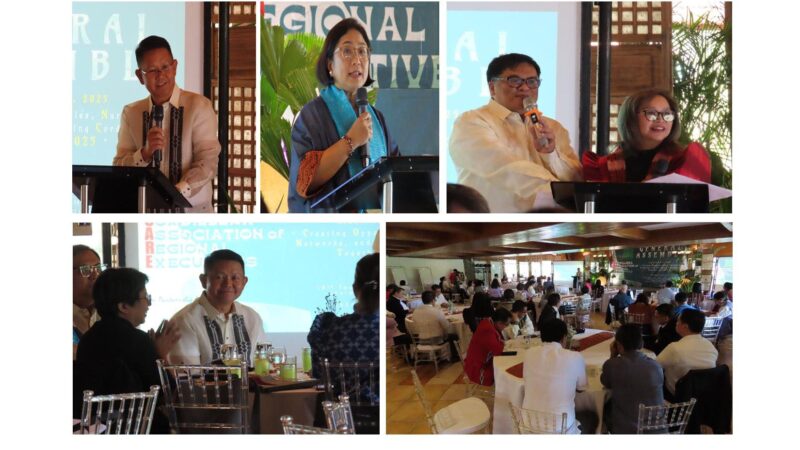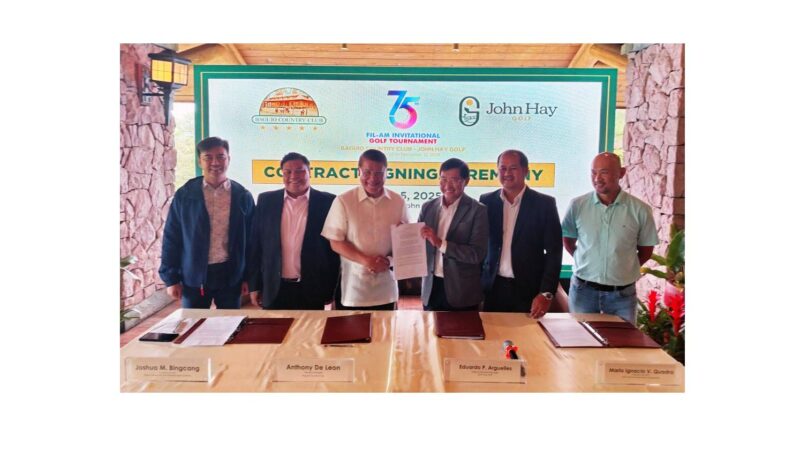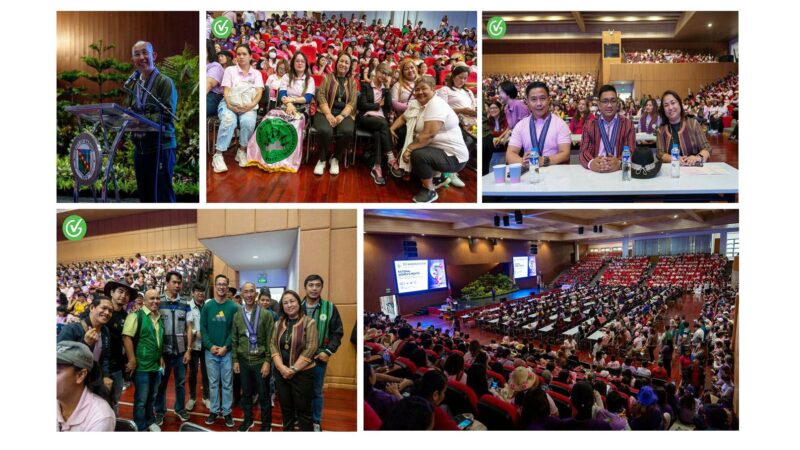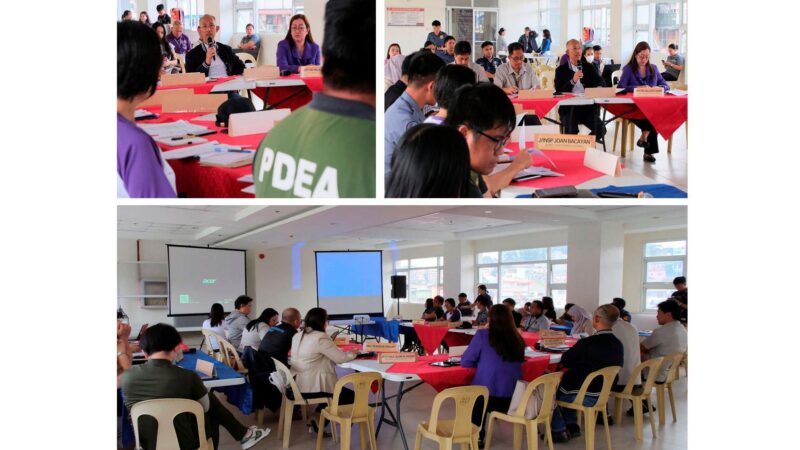Stricter measure to protect indigenous intellectual property sought
The city legislators have called on the Intellectual Property Office (IPO) and the National Commission for Indigenous Peoples-Cordillera Administrative Region (NCIP-CAR) to work with the city council for the formulation of a stricter measure that will protect the intellectual property rights of the indigenous peoples in the city.
The council’s request came on the heels of complaints filed against the proliferation of machine-printed fabrics replicating the designs of hand-woven Cordilleran textiles. These fake materials are reportedly sold in commercial establishments in the city and even outside the region at a staggeringly cheap price.
Avelyn Calag, an entrepreneur who established a Cordilleran Inabel Shop, and Virginia Doligas, General Manager of Easter Weaving, had earlier written to the city officials to call for the ban of these imitations from being sold in department stores in the city.
Calag and Doligas claimed the proliferation of these fake materials affects the weaving industry and degrades the craftsmanship and weaving heritage of the indigenous peoples.
“It may be true that originally woven products from weaving rooms are more expensive than the [replicas], but an authentic product comes with the identity and culture of the people or tribe that it represents. We ought to protect our local weaving industry as it is reminiscent and representative of the culture and identity of a certain tribe. Weaving is also the source of income of many individuals in the locality,” Doligas wrote in her letter.
Councilor Philian Louise Weygan-Allan, during the regular session on January 26, stressed that Republic Act No. 8293, otherwise known as “The Intellectual Property Code of the Philippines”, has no provision that will offer protection to works that are considered products of traditional knowledge.
Weygan-Allan added that the lack of legal protection over the indigenous peoples’ property rights exposes traditional knowledge to exploitation or abuse by people outside the community.
Jeanne Dangkeo, IP Field Operation Specialist, said exclusive designs belonging to ethnic groups cannot be patented.
“What we patent are new designs and not those that have been established as cultural properties. We also patent designs that are ethnic-inspired as long as they are innovated and do not replicate the original ethnic designs,” Dangkeo explained.
Dangkeo further said that preservation of culture is the ambit of the NCIP and not the IPO.
Nevertheless, the IPO examines the design and denies the grant of its patent if it is a complete imitation of an ethnic design, Dangkeo added.
Atty. Atanacio Addog, legal consultant of the NCIP-CAR, disclosed that their office had issued a cease-and-desist order to establishments selling machine-printed ethnic fabrics on December 22, 2020.
According to Addog, establishments who intend to use a design peculiar to a certain ethnic group must first ask the consent of the community in compliance with Section 32 of Republic Act No. 8371 or the Indigenous People’s Rights Act of 1997 (IPRA) which states that Indigenous Cultural Communities (ICCs) and IPs have the right to “the restitution of cultural, intellectual, religious, and spiritual property taken without their free and prior informed consent or in violation of their laws, traditions and customs.”
The NCIP needs more stringent regulations penalizing the infringement of intellectual property rights of the IPs, Addog admitted.
Raising concern on cultural appropriation, Councilor Levy Lloyd Orcales and Lucy Ruiz, a concerned citizen attending the forum, sought clarification as to what extent an original ethnic design can be modified or innovated.
Addog told the council that the NCIP Central Office had created a task force that will formulate a policy addressing concerns on the use and commercialization of indigeneous designs.
The NCIP will coordinate with the IP communities so that the said policy will likewise address issues on cultural appropriation, Addog added.
“Ang IP communities ang magsasabi kung paano gamitin ang isang ethnic work at kung hanggang saan pwede i-modify ang isang ethnic design,” Addog explained.
Vice Mayor Faustino Olowan told the NCIP-CAR and IPO to work with the city council for the enactment of a local law that is devoted to protect the intellectual property rights of the IPs.
Dangkeo supported the crafting of an ordinance banning the sale of these machine-printed replicas of Cordilleran designs citing DILG Memorandum Circular No. 2020-124.
The memorandum circular enjoins the local government units (LGUs) “to issue an ordinance banning the sale, transfer, distribution, manufacture, and/or production of pirated, counterfeit, or fake goods within the LGU, and to require business establishments that are engaged in business involving optical media to secure OMB license prior to the issuance of business permits.” -Jordan G. Habbiling







